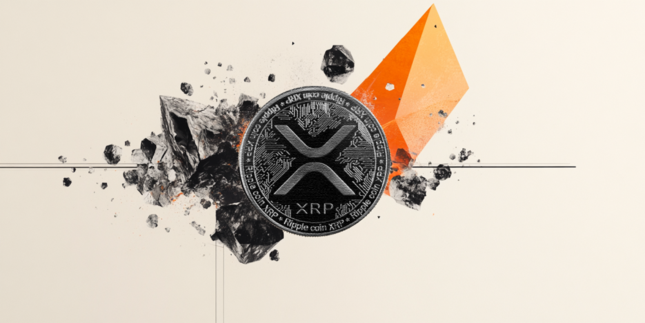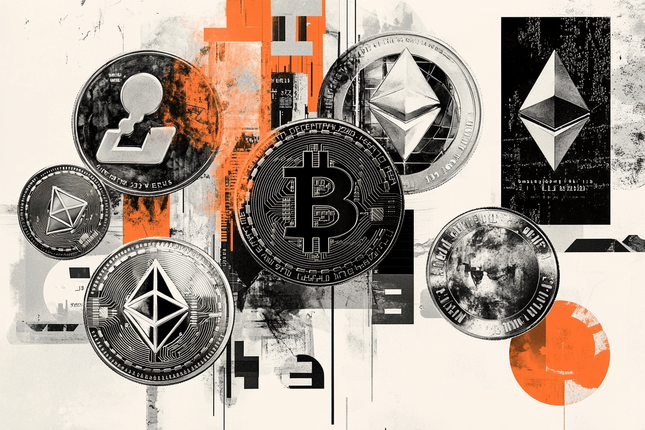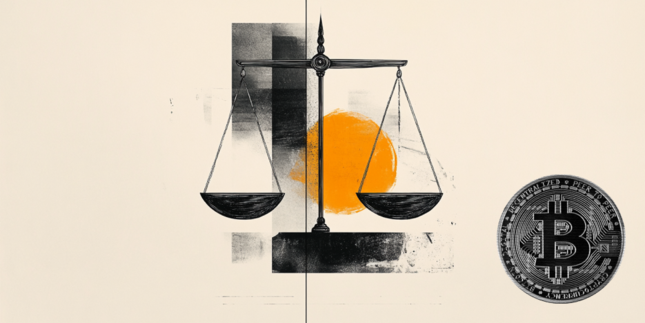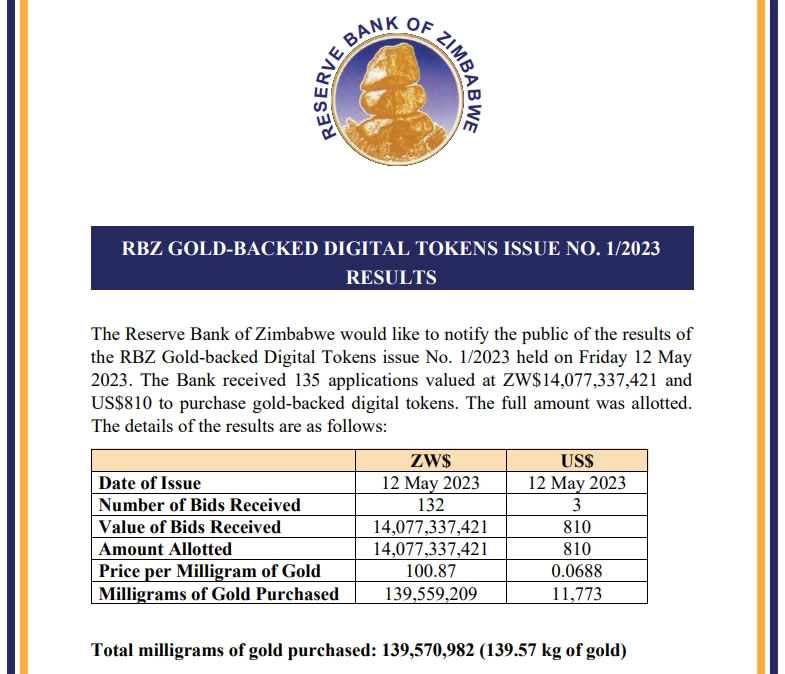The Reserve Bank of Zimbabwe has sold 14 billion Zimbabwean dollars’ worth of gold-backed digital tokens — worth around $39 million — despite a warning from the International Monetary Fund.
On May 12, the central bank of Zimbabwe announced that it had received 135 applications for a total of 14.07 billion Zimbabwean dollars to buy the gold-backed cryptocurrency.
The Zimbabwean dollar is officially trading at 362 Zimbabwean dollars to one United States, according to XE.com — but much higher on the street — making the stash nominally worth around $38.9 million.
The crypto tokens, first introduced in April, are backed by 139.57 kilograms of gold, with the sale running from May 8 to May 12.
Results of gold-backed digital currency sale. Source: Reserve Bank of Zimbabwe
The tokens were sold at a minimum price of $10 for individuals and $5,000 for corporations and other entities. The minimum vesting period for the tokens is 180 days, and they can be held in e-gold wallets or on e-gold cards.
The move is reportedly part of an effort to stabilize the country’s economy and the continued depreciation of the local currency against the greenback.
A second round of digital token sales will be held and the bank has requested applications be submitted this week to be settled by May 18. According to local media, RBZ Governor Dr. John Mangudya commented:
The issuance of the gold-backed digital tokens is meant to expand the value-preserving instruments available in the economy and enhance divisibility of the investment instruments and widen their access and usage by the public.
The move follows a caution from the International Monetary Fund against the African nation's plan for the gold-backed currency, arguing it should instead liberalize its foreign-exchange market, according to a May 9 Bloomberg report.
“A careful assessment should be conducted to ensure the benefits from this measure outweigh the costs and potential risks including, for instance, macroeconomic and financial stability risks, legal and operational risks, governance risks, cost of forgone FX reserves,” an IMF spokesperson told Bloomberg.
Zimbabwe has been battling currency volatility and inflation for over a decade. In 2009, the country adopted the USD as its currency following a period of hyperinflation rendering the local currency worthless.
The Zimbabwe dollar was reintroduced in 2019 to revive the local economy, but volatility ensued again.
Information on these pages contains forward-looking statements that involve risks and uncertainties. Markets and instruments profiled on this page are for informational purposes only and should not in any way come across as a recommendation to buy or sell in these assets. You should do your own thorough research before making any investment decisions. FXStreet does not in any way guarantee that this information is free from mistakes, errors, or material misstatements. It also does not guarantee that this information is of a timely nature. Investing in Open Markets involves a great deal of risk, including the loss of all or a portion of your investment, as well as emotional distress. All risks, losses and costs associated with investing, including total loss of principal, are your responsibility. The views and opinions expressed in this article are those of the authors and do not necessarily reflect the official policy or position of FXStreet nor its advertisers.
Recommended Content
Editors’ Picks

XRP Price Prediction: How Ripple's alignment with the $18.9T tokenization boom could impact XRP
Ripple (XRP) approached the critical $2.00 level during the Asian session on Friday after a minor correction the previous day reinforced higher support at $1.95.

Top 3 Price Prediction Bitcoin, Ethereum, Ripple: BTC and ETH show weakness while XRP stabilizes
Bitcoin (BTC) and Ethereum (ETH) prices are hovering around $80,000 and $1,500 on Friday after facing rejection from their respective key levels, indicating signs of weakness. Meanwhile, Ripple (XRP) broke and found support around its critical level.

Can Trump's tariff pause and declining inflation keep Bitcoin afloat? Experts weigh in
Bitcoin (BTC) dived below $80,000 on Thursday despite US Consumer Price Index (CPI) data coming in lower than expected and President Donald Trump's 90-day reciprocal tariffs pause on 75 countries.

Bitcoin miners scurry to import mining equipment following Trump's China tariffs
Bitcoin (BTC) miners are reportedly scrambling to import mining equipment into the United States (US) following rising tariff tensions in the US-China trade war, according to a Blockspace report on Wednesday.

Bitcoin Weekly Forecast: Tariff ‘Liberation Day’ sparks liquidation in crypto market
Bitcoin (BTC) price remains under selling pressure and trades near $84,000 when writing on Friday after a rejection from a key resistance level earlier this week.

The Best brokers to trade EUR/USD
SPONSORED Discover the top brokers for trading EUR/USD in 2025. Our list features brokers with competitive spreads, fast execution, and powerful platforms. Whether you're a beginner or an expert, find the right partner to navigate the dynamic Forex market.
